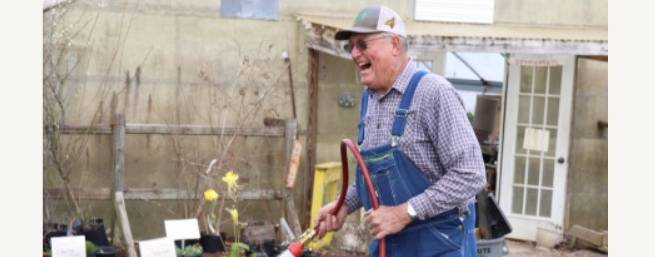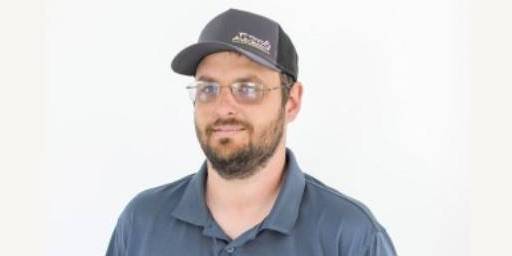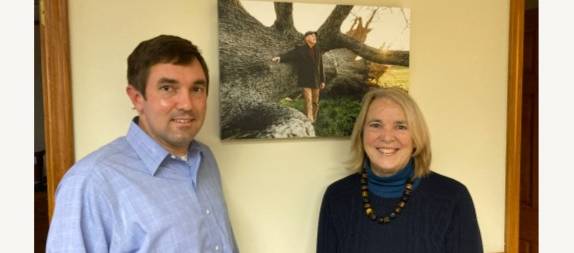Hart and Logan Counties

"Being a farmer is extremely, extremely tough. Being a Black farmer is extremely, extremely tough … agriculture is one of the things that helps with generational wealth. When you hear people talk about, "this farm has been in my family for four generations” or “five generations," and when you start getting back that far, you start talking about slavery, you start talking about free labor. It's hard to beat free labor, when you can get something built and paid for with free labor, and then you can pass it on. Now you got, if you got 100 acres to pass on, I can use 100 acres for collateral to buy another 100 acres. If I never got it, if I never can get collateral, I can't get out of this rut that I'm in. "
"People want to come to you and say they want cheap food, and I say, 'well I can give you that, but it ain't gonna be good food.' … We're in the business of producing good food."

"And we try to focus on good quality because we want people to come back. We just don't want them to buy a sack of tomatoes and leave and be gone, forever. We want them to enjoy those and, so they'll come back and hopefully buy again. That word of mouth is really a good marketing task and Facebook like I said, is really another good one."
"Well, they tell us that they are so thankful that we're here just because they can have a place to come and buy fresh vegetables. They consider us their garden. And that's to me, and I think I can speak as for my wife as well, pretty rewarding that they think that much of us that we provide or try to provide you know fresh green beans or fresh corn or fresh tomatoes. It's just a good warm, rewarding feeling. it's good to get paid money, but those kinds of comments really are good too, in my opinion.”

"We start work at seven o'clock every day. And we'll take an hour for lunch, and we'll leave around five in the winter, this time of year. It's a little something different every day. In the winter, we're working on stuff and hauling grain. When we get into spring and summer and harvest, we start at 7 o'clock every day, and then we'll work to 9 or 10, when its’ busy. My day to day is fighting fires, just figuring out what to do about the unexpected. You know, if everything worked perfect, I wouldn't even need to be there."

Full audio transcript. (Sam)
Full audio transcript. (Meredith Halcomb)
"I think there's probably a lot more risk associated with farming than the general public would know if they had no connection to farming. I know a lot about farming. There's so many other careers that I know nothing about. So, one thing I've learned in my life is that there's always more to any career or line of work." Sam Halcomb
"One of the things [that surprised me when I moved to the farm], just to relate it back to my background [in manufacturer engineering], was that it was, how did I put it at the time? It was basically like manufacturing, except that we had this factor called “the weather” that could really change things, could change things at a drop of a hat. So, you know, I was able to make lots of plans, but then I had to change them." Stephanie Halcomb

